Healthy Digestion for Children -- What You Should Know

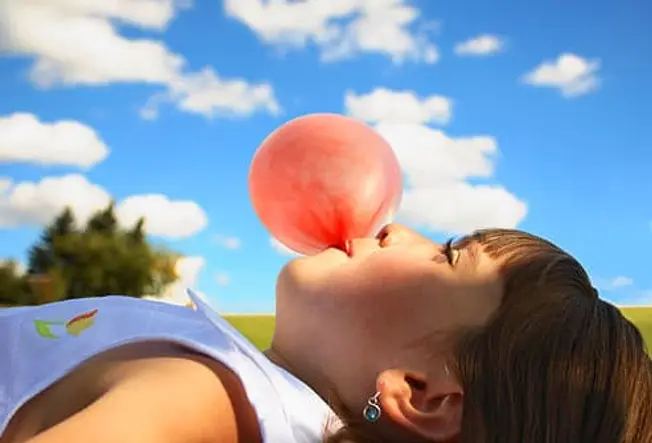
Gas and Children
Everyone has gas — even kids. It happens naturally after they eat foods and drinks like beans, vegetables, and sodas. When kids eat or drink too fast or chew gum, they might swallow extra air — that also can cause gas. Although gas is normal, it can trigger stomach pain and bloating. Children don't get gas as often as adults. If your child often has gas pains, talk to their pediatrician.
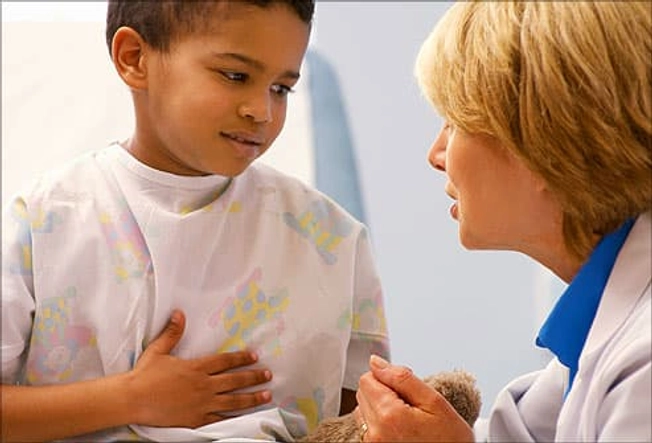
Acid Reflux in Children
If your child often spits up or has heartburn, they may have acid reflux, when food from the stomach rises up into the esophagus. Certain foods, large meals, or eating near bedtime can make symptoms worse. If your child has these symptoms often, see your doctor. Your pediatrician may suggest smaller, more frequent meals, elimination of certain foods, medication, or may do tests to rule out other causes.
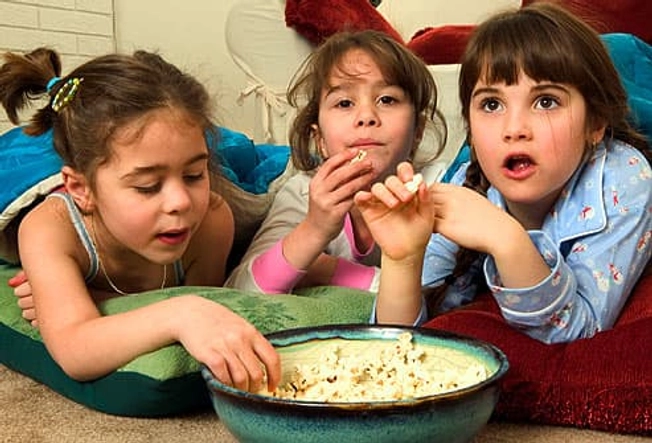
Viruses and Bacteria
Bacteria and viruses can mess with your child's digestive tract. Kids can get sick by eating food that hasn't been properly washed or cooked. It can cause an upset stomach, fever, diarrhea, or vomiting. Viruses that spread from child to child are also a common source of diarrhea. Help protect your kids by following food safety guidelines, washing hands often, discouraging sharing food, and keeping them away from kids who are sick.
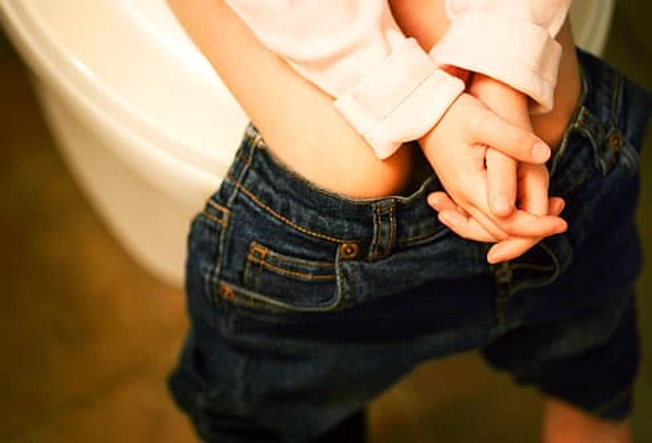
Kids and Diarrhea
If your child has loose or watery stools more than three times in a day, they have diarrhea. Many things can cause diarrhea, like bacterial and viral infections, food allergies, and some medicines. Diarrhea usually clears up without medicines in a day or two. But a change in diet is often necessary. Call your doctor for guidance. Also, call your child's doctor if it lasts longer or if your child seems dehydrated. Signs of dehydration can include fewer wet diapers or bathroom breaks, listlessness, and dry mouth.
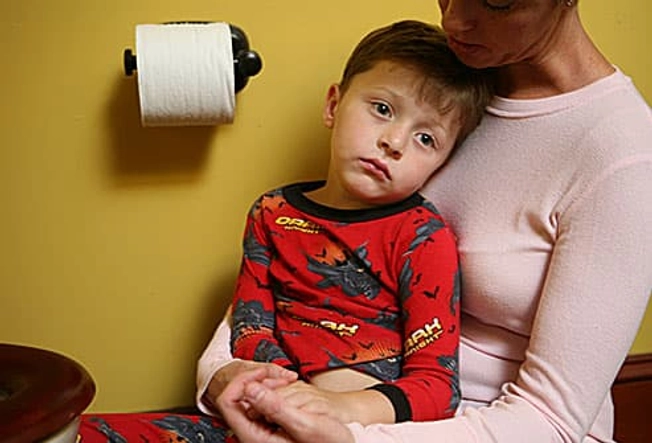
Vomiting in Children
Like diarrhea, vomiting can have many causes. Viral infections usually are to blame. In most cases, vomiting gets better in a day or two without any treatment. But it's important to watch your child for signs of dehydration. Call your child's pediatrician if your child has a fever or rash, seems dehydrated, or can't keep down small sips of clear liquids.
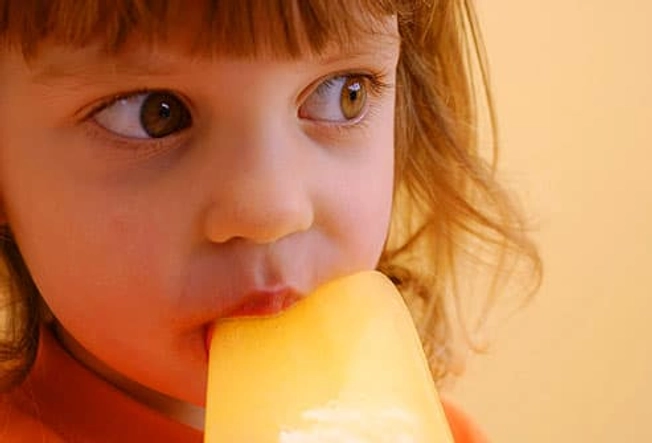
Feeding Your Sick Child
If your child has been vomiting, stick with a liquid diet for about eight hours. Give them small sips of water or electrolyte solution and freezer pops. After that, feed them small amounts of bland foods, such as rice, toast, applesauce, bananas, and crackers. Return to a normal diet within 24 hours, but avoid spicy or fatty foods for a couple of days. Children who have diarrhea without vomiting can usually continue to eat normally. Make sure your child drinks plenty of fluids to stay hydrated.
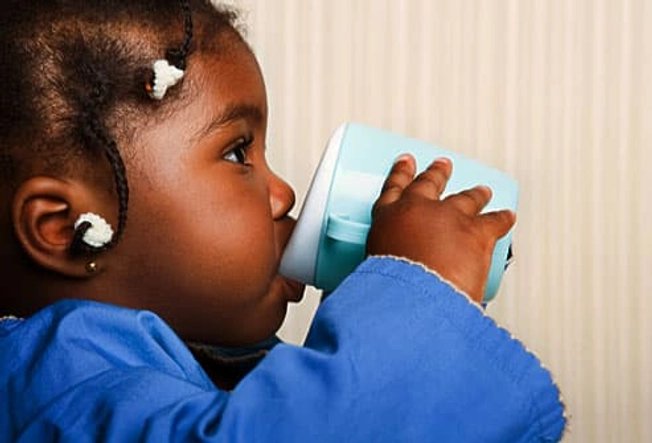
The Importance of Hydration
When children are vomiting or have diarrhea, they can become dehydrated quickly. Look for symptoms like a high fever, dry mouth, lower energy, and little urination. You can help keep your child hydrated by giving them ice chips or popsicles, clear soup, or a mix of juice and water. Or use an oral rehydration solution. Ask your child's pediatrician what's best. If your child refuses to drink or you're worried, see your doctor.
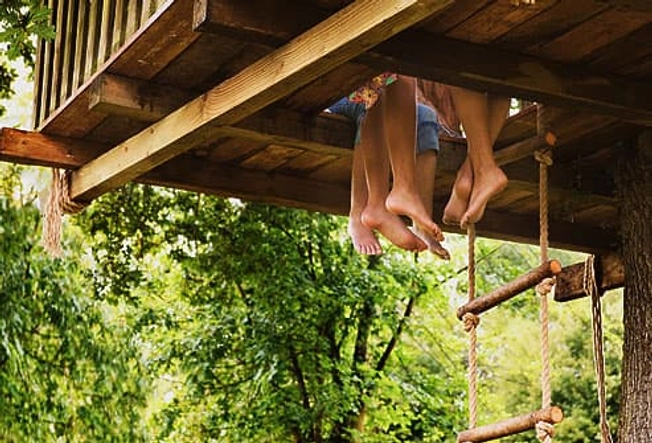
Constipation
Stomach pain often can be blamed on constipation. Kids can get constipated when they purposely won't go to the bathroom, aren't drinking enough water, or have a diet rich in dairy. Constipation can be a side effect of certain medications or a low-fiber diet. Talk to your child's pediatrician if it lasts more than one week or if your child has other symptoms, like fever, vomiting, or bloody stool. Treatment may include laxatives and dietary changes. If your child's pain is severe, see a doctor right away.
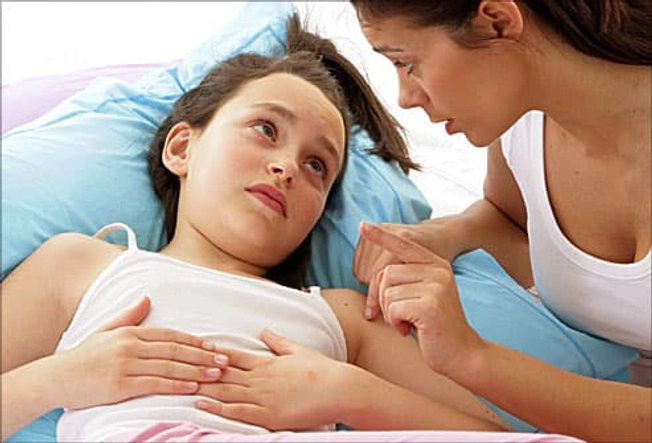
Irritable Bowel Syndrome
Does your child's stomach often hurt? Irritable bowel syndrome (IBS) can cause abdominal pain, bloating, constipation, and diarrhea. Doctors aren't sure what causes IBS, but it may have to do with sensitivity in the bowel. Children with IBS usually have stomach pain at least one day a week for a few months at a time. IBS is treated with a combination of medication, dietary changes, and stress management.
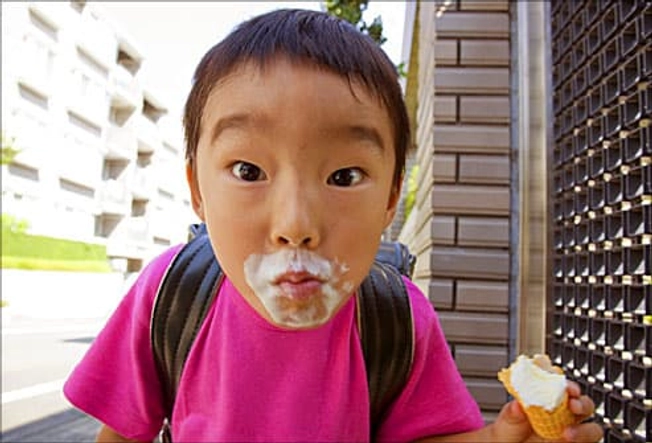
Children and Lactose Intolerance
Does your child get cramps, gas, nausea, or diarrhea not long after drinking or eating dairy products? If it happens on a regular basis — about 30 minutes to two hours after having milk, soft cheese, or ice cream — they could have lactose intolerance. That means their body can't digest lactose, the sugar in milk. If you suspect lactose intolerance, talk with their pediatrician. There's no cure, but making changes in their diet can help.
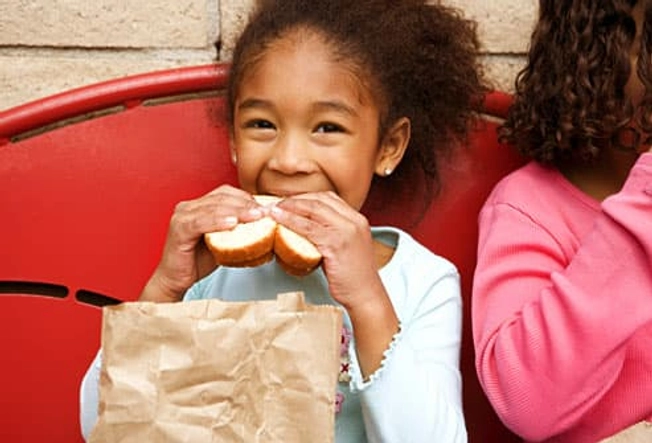
Celiac Disease in Kids
Kids with celiac disease have some of the same symptoms as other digestive problems — stomach pain, vomiting, diarrhea, constipation. Sometimes they don't grow as well as they should. This digestive disorder is triggered when they eat foods with gluten, a protein found in wheat, barley, and rye. Celiac disease can destroy the lining of the small intestine. There's no cure, but it's controlled by eating a gluten-free diet.

Eating Before Swimming
Your mother may have told you not to swim for 30 minutes after you eat. The worry was that blood flow goes to the stomach during digestion, so your arms and legs don't get the blood they need to keep you afloat. While your stomach does need some extra blood for digestion, it’s not enough to affect your limbs. But the issue is still controversial. Even while some experts say it is safe to swim right after eating, others point out there is a risk of minor cramps that can interfere with water safety. A light meal or snack probably will not cause a problem. But after a large meal, encourage your child to wait before getting back in the water.